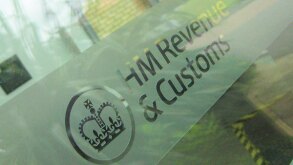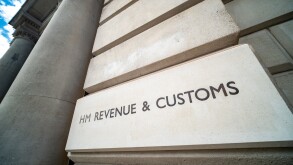On January 10 2018, the Minister of Industry (MOI) enacted Regulation No. 01 of 2018 concerning Criteria and/or Requirements for the Implementation of the Use of Income Tax Facilities for Investment in Certain Lines of Business and/or in Certain Areas of the Industrial Sector (MOI Regulation 01/2018). This regulation is a further implementation of Government Regulation No. 18 of 2015 as amended by No. 9 of 2016 concerning Income Tax Facilities for Investment in Certain Lines of Business and/or Certain Areas of the Industrial Sector. An income tax facility as referred to herein is granted in the form of:
A 30% deduction of net income of investment value in the form of tangible immovable assets, charged for six years (5% per year) as of commercial production;
The accelerated depreciation of tangible assets and accelerated amortisation of intangible assets obtained in the framework of new investment and/or the expansion of business;
A 10% tax imposition on dividends paid to foreign taxpayers other than permanent establishments in Indonesia, or a lower rate based on a prevailing double taxation avoidance agreement; or
Compensation for losses of between five and 10 years.
The MOI Regulation 01/2018 generally stipulates that an income tax facility may be granted for domestic corporate taxpayers in the industrial sector, provided that the corporate taxpayer meets the following requirements: (i) it has high investment value; (ii) it has high labour absorption; or (iii) it has a minimum of 20% of local content in the form of raw materials, supporting materials, or machinery.
The attachments to the MOI Regulation 01/2018 further provide details on the industries and products that are eligible to receive the facility, including the criteria and requirements thereof. For example, the cocoa industry (ISIC 10731) producing cocoa powder, cocoa butter, cocoa fat, and/or cocoa oil located in North Sulawesi, West Sulawesi, Central Sulawesi, Southeast Sulawesi, South Sulawesi, and Gorontalo with a minimum investment value of IDR 50 billion ($3.5 million) and a minimum of 50 employees will be eligible.
In order for an eligible industry to be able to use the import tax facility, it must first obtain a Statement Letter from the relevant directorate at the MOI stating: (i) the conformity of the industrial line of business and the scope of products; (ii) the satisfaction of criteria; and/or (ii) the satisfaction of requirements.
On a separate topic, the Directorate General of Tax (DGT) has been preparing for the issuance of new regulations related to tax on e-commerce business, particularly on sales and purchase transactions carried out by online shops using social media. Through the new regulations, these entrepreneurs will be expected to report their income in an annual tax return and pay tax at the prevailing rate. It is reported that the DGT is still waiting for data on the number of e-commerce entrepreneurs in existence from the Indonesian E-Commerce Association (idEA) to be further analysed for use as the basis of the regulations.

|

|
Freddy Karyadi |
Nina Cornelia Santoso |
Freddy Karyadi (fkaryadi@abnrlaw.com) and Nina Cornelia Santoso (nsantoso@abnrlaw.com), Jakarta
Ali Budiardjo, Nugroho, Reksodiputro, Law Offices
Tel: +62 21 250 5125
Website: www.abnrlaw.com









